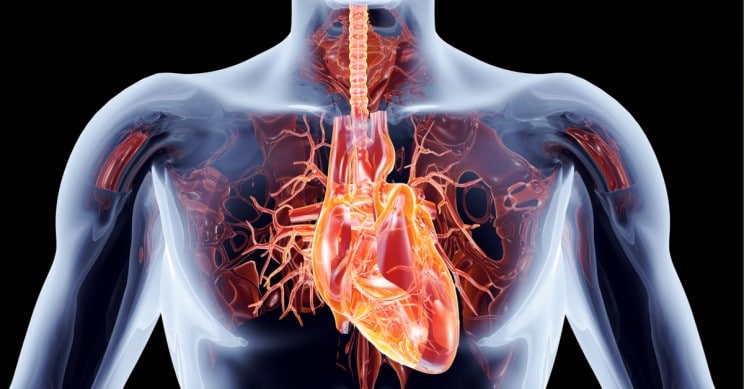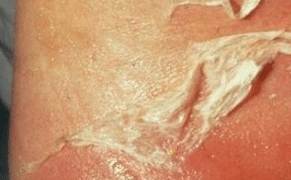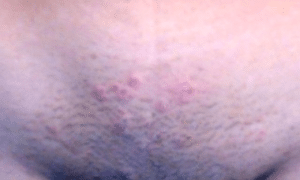Heart failure treatment
Do I have typical symptoms, what I have to do?
Overview
Heart failure is a progressive and chronic disease characterized by the inability of the heart to pump enough blood to meet the needs of the tissue for oxygen and nutrients.
The heart is a hollow, muscular organ located in the center of the thorax, where it occupies the space between the lungs and rests on the diaphragm.
The heart weight approximately 300g; the weight and size of the heart influenced by age, gender, body weight, the extent of physical exercise and heart disease.
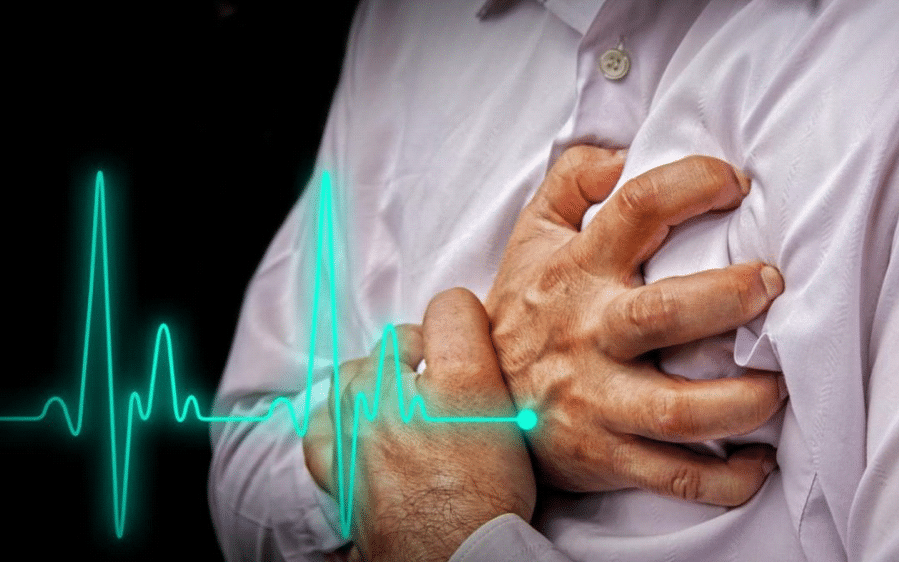
The major heart function is to pump oxygenated blood and nutrients to the body.
The heart consists of four chambers, two top chambers (atria) and two bottom chambers (ventricles) these chambers pump blood in a very effective way to keep us a life.
The pumping action of the heart is accomplished by relaxation and contraction of the muscular walls of its four chambers.
Heart failure can indicate myocardial disease either systolic dysfunction or diastolic dysfunction that may or may not cause congestion, pulmonary or systemic.
During the relaxation phase, called diastole, all four chambers relax together, which allows the ventricles to fill in preparation for contraction.
Diastole is routinely referred to as the period of ventricular fillings.
During the contraction phase, called systole, atrial and ventricle systole are not simultaneous events.
Atrial systole occurs first, followed by ventricular systole.
This synchronization allows the ventricles to fill, this behavior called atrial kick, before ejection of blood from there chambers.
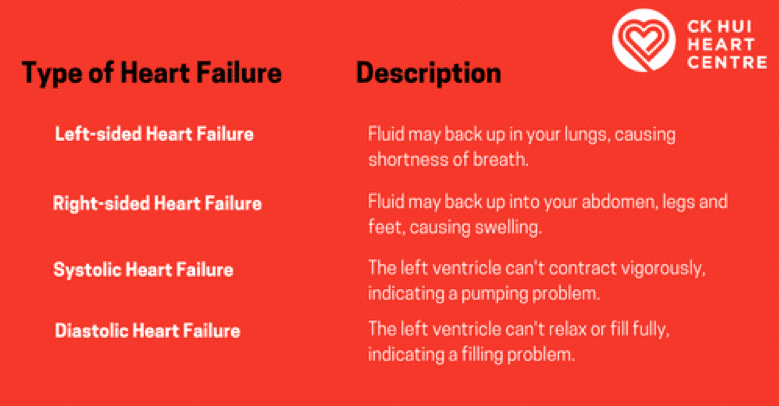
Heart failure types
- Right-sided heart failure: this type of heart failure occurs on the right ventricle causing fluid retention on the lung, abdomen, and lower extremities. Right-sided heart failure in most cases occur after left-sided heart failure
- Left-sided heart failure: this type of heart failure is most common and it occurs on the left ventricle causing pulmonary edema and breathing difficulties.
- Systolic heart disease: systolic heart failure which is characterized by a weakened of heart muscle indicate pumping problem.
- Diastolic heart disease: diastolic heart failure which is characterized by stiff or noncompliant heart muscle indicate a filling problem.
Heart failure can be life threating and a serious medical condition. So, seek medical treatment immediately.
The incidence of heart failure increases with age.
More than 5.5 million people in the United States have heart failure and can affect people of all ages.
Heart failure classifications
- Class one: no sign and symptoms of heart failure during daily activity or at rest, heart failure at this stage can be managed
- Class two: slight signs and symptoms of heart failure during physical activity but no signs and symptoms of heart failure at rest, heart failure at this stage can be managed by lifestyle changes and medication
- Class three: marked signs and symptoms of heart failure during physical activity and slight signs and symptoms of heart failure during rest, heart failure at this stage can be managed but treatment can be complicated.
- Class four: market signs and symptoms of heart failure at rest, heart failure on this stage can be managed in the scope of palliative and quality of life care.
Heart failure causes
Hear failure result and develop after other condition that directly weakened the heart muscle or stiffness of the heart muscle.
The following medical condition can affect your heart:
- Hypertension: Blood pressure is the force of blood pumped from the heart against the wall of arteries. Blood pressure consists of two numbers, the top number is systolic pressure (measured when the heartbeats) the bottom number is the diastolic pressure (measured when the heart rests between each beat). Blood pressure is written as systolic pressure / diastolic pressure. High blood pressure also known as hypertension is a medical condition if untreated it may cause serious cardiac problems. You will be at risk for coronary artery disease, stroke, heart failure, heart arrhythmias, brain damage, and kidney disease. Especially hypertension does not make significant symptoms. Thus, you have to check your blood pressure regularly to be on the safe side.
- Coronary artery disease: An abnormal buildup of lipid and fatty substances, and fibrous tissue in the lining of atrial blood wall. This accumulation block and narrow the coronary vessels in a way that decreases blood flow to the heart muscles. The development of atherosclerosis without treatment can be a life-threatening process.
- Valvar disease: Atrioventricular valves: during diastole these valves are open, allowing blood to move freely from contracted atria to relaxed ventricles. These valves located between the atrium and ventricle, the right valve is called tricuspid (three leaflets) valve and the left side is called the bicuspid (two leaflets) or mitral valve. Semilunar valves: during systole these valves are forced to open, allowing blood to move from contracted ventricles to pulmonic and systematic circulation. Any problem with these valves may cause heart failure.
- Myocarditis: severe viral infection and inflammation of heart muscle can lead to left-sided heart failure.
- Congenital heart defect or disease: new porn with heart may develop heart failure.
- Obesity and hyperthyroidism may lead to heart failure.
- Thyroid disorder.
- Exposure to toxin or chemical substances.
This is why you have to get frequent checkups.
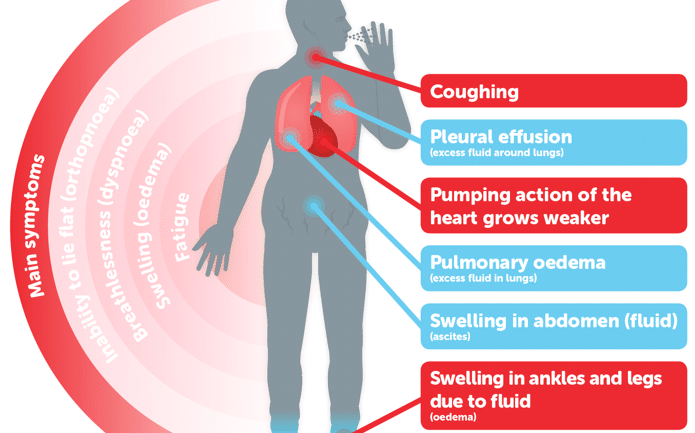
Heart failure symptoms
As we mentioned the heart failure classification and how the symptoms may not notice or you may not experience any symptoms, because symptoms are varying depends on the heart condition.
These symptoms include:
- Chest pain
- Shortness of breath
- Fatigue and weakness
- Lower limb edema.
- Swilling of your abdomen
- Weight gain
- Nausea and lack of appetite
- Urinate more often during the night
- Cough and wheezing
- Inability or reduce physical activity
- Alteration of concentration and decrease awareness

Heart failure diagnosis
- Blood tests such as B-type natriuretic peptide (BNP) and CRP to check myocarditis.
- Chest X-ray to check the lung condition for any fluid retention and pulmonary edema.
- Stress tests to check your heart condition during physical activity.
- Echocardiogram to check the heart motion, heart valve, heart muscle, heart shape, and contractility. Also to measure the ejection fraction, a significant measurement of how good the heart is pumping.
- Electrocardiogram to check the heart rate and rhythm.
- Cardiac Magnetic Resonance Imaging (MRI) and cardiac Computerized tomography to check your heart.
- Coronary angiogram or cardiac catheterization to check the coronary artery for a sign of blockage.
Heart failure treatment
Heart failure treatment needs long-time management, with treatment therapy the symptoms improve, cardiac condition stabilized, and sudden death decrease significantly.
The treatment steps are varying depending on the heart failure stage and the underlying cause of
Medication therapy
- Angiotensin-converting enzyme inhibitor: ACE inhibitors are a type of vasodilator, vasodilators widen blood vessels, lower blood pressure, and decrease the workload of the heart. These type of medication improve systolic heart failure
- Angiotensin II receptor blocker: this type of drug same as ACE, but it might be prescribed if the patient can’t tolerate ACE.
- Beta-blocker: this type of medication lower the heart rate and blood pressure at the same time, people with systolic heart failure may benefit from this class of medication.
- Diuretics: this type of medication decrease fluid overload by increased urination. Potassium may drop significantly. Some diuretics called potassium-sparing diuretics act as loop diuretics but increase potassium level significantly. So, you have to check the potassium level frequently. These classes of medication may improve systolic heart failure.
- Inotropes: this Intravenous type of medication only given to sever heart failure conditions inside the hospital.
- Digoxin: this type of medication decreases heart rate and strengthening heart muscle contraction known as digitalis. People with systolic heart failure may benefit from this class of medication.
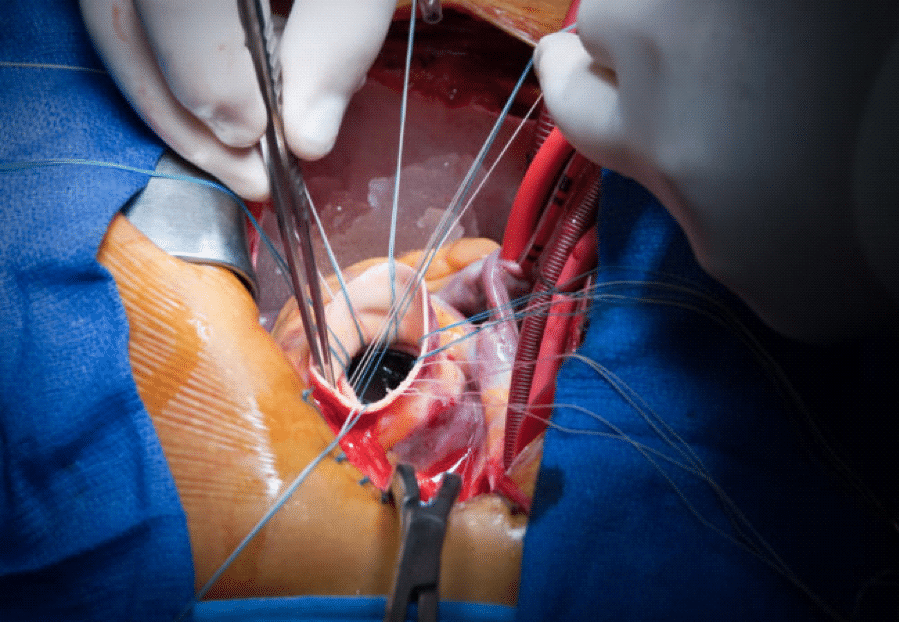
Surgical therapy
- Heart valve repair or replacement surgery.
- Coronary artery bypass surgery.
- Implanted cardioverter defibrillation (ICD).
- Pacemaker or cardiac resynchronization therapy (CRT) devices.
- Ventricular assist device.
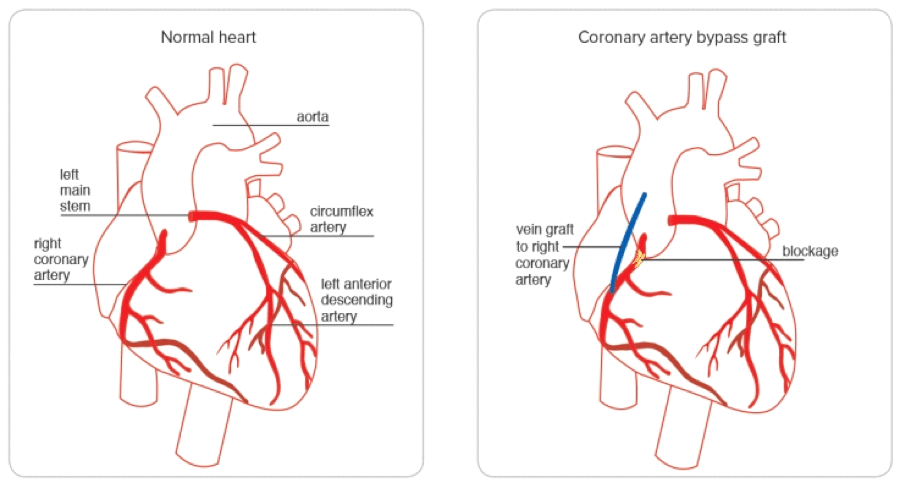
Jamil Qaryouti is a nursing specialist who graduated from J.U.S.T University in Jordan. Jamil has a wide verity of experience in cardiac diseases, pulmonary and neurological disease, former ICCU nurse in the Specialty Hospital in Jordan, former CNO of home care, founder of Jamil’s Home Health Corporation. Jamil is a medical educator. He believes spreading the information makes the world better.


